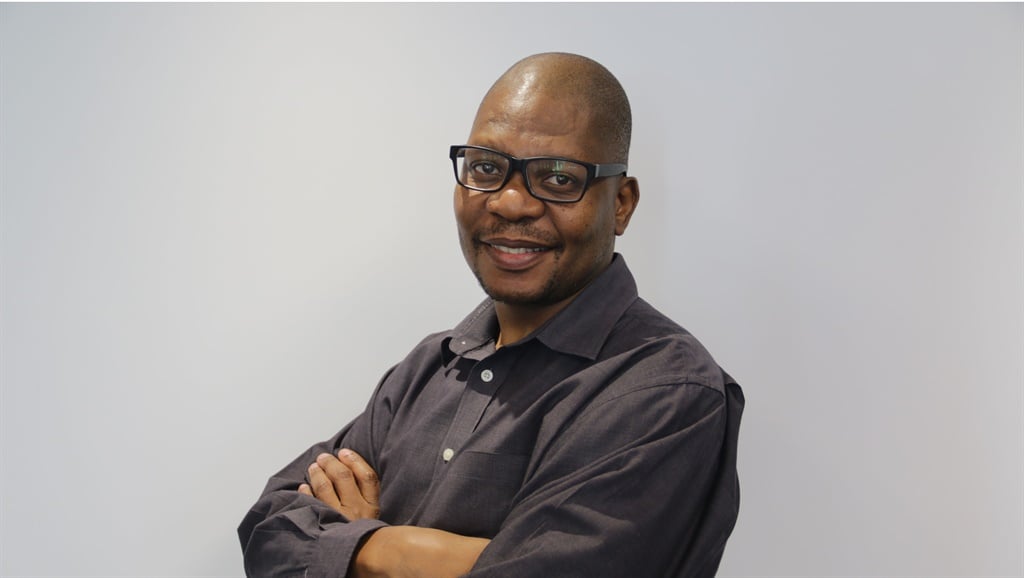
In football, just as in any sport, it is the games where victory was clawed from the jaws of defeat that get etched into our memories and forever live in our hearts.
The mouths of football lovers become parched when they talk about Manchester United’s Teddy Sheringham and Ole Gunnar Solskjær-inspired comeback against Bayern Munich in the 1999 Champions League final.
Their voices get hoarse when they talk about Istanbul in 2005, when Liverpool’s second-half, three-goal torrent in six minutes brought them level with AC Milan, forced the game into penalties and secured what is still regarded as THE greatest comeback.
Politics has its own list of great comebacks. Leaders or parties have been written off, only to confound logic and return.
The most notable comeback kid has to be Bill Clinton, whose presidential bid should have died even before the primaries heated up as allegations of Nkandlaesque shenanigans emerged from the mouths of myriad women.
Instead, he just kept getting up and dusting himself off. Even when he was in office, he miraculously survived the Monica Lewinsky scandal that should have ended his presidency.
Today, he is regarded as one of the world’s elder statesmen and as a sane voice in a polarising world. In the survival stakes, Clinton is matched only by that man from a coastal province who had a carnal appetite equal to his.
The common trait among teams and individuals who survive onslaughts and stage comebacks is their mental strength and determination.
Which brings us to our current president, who is under siege so early in his term. When Cyril Ramaphosa took office last February amid a wave of euphoria and optimism, it was hoped he would tap into this spirit and use it to consolidate his authority.
His predecessor had been such a calamity that the new man could do no wrong. Every speech, action and gesture was met with gasps of “Wow!” Even the silly act of walking around in funny, colourful socks was endearing.
When he repackaged old programmes and pledges to make them look like new ideas, even the informed public got excited. And when he took normal steps that anyone with the job description of president would take, it seemed revolutionary. So low was the bar.
Strangely, he widdled all that goodwill away.
It is difficult to pinpoint the moment or phase when Ramaphosa began to waste the goodwill. Was it his overly cautious way of handling his dangerous foes?
Was it the many times he told us he was “shocked” at the conditions in which most South Africans lived? Was it his apparent detachment from the party base? Was it the ease with which his opponents overrode him on contested issues and outmanoeuvred him in powerplays?
Was it the failure of the so-called Ramaphoria to translate into business confidence and an uptick in investment? Was it the constant flow of depressing economic numbers?
Was it the depressing news of social decay and wanton violence? Was it society’s realisation that the virus of corruption was so deeply embedded in our veins and cells?
It is most likely a combination of all of the above, with each factor contributing in different degrees.
If one were to pinpoint the moment when it was apparent that the Ramaphosa presidency was losing steam early in life, it would be the evening of June 20, when he underwhelmed the populace with his state of the nation address.
From that point on, the questions about Ramaphosa’s leadership that had either been whispered or been in thought bubbles burst into the open. This noise will probably get louder.
Crucially, it is not only Ramaphosa’s opponents outside the party and in the opposing ANC faction asking questions. Some of his own allies are now letting it be known that he does not own their loyalty. Where it took ages for former presidents Thabo Mbeki and Jacob Zuma to face rebellion in the ranks, Ramaphosa is already being put on notice.
Last week, the National Education, Health and Allied Workers’ Union (Nehawu), which was the first Cosatu affiliate to come out in support of him in 2017, warned Ramaphosa that he would face its wrath if he was tardy in implementing the resolutions of the Nasrec conference. This is a tough one for the president as some of those resolutions, particularly the economic ones, come from cloud-cuckoo-land and would contradict rational thinking.
Nehawu’s Khaya Xaba was quoted as saying that, if Ramaphosa “does everything that was captured in the manifesto and the Nasrec resolutions, we will work with him, but should he deviate from those resolutions and manifesto, we will confront him”.
Ramaphosa now faces the prospect of fighting battles on many fronts – against his internal opponents, the political opposition, a dangerously weird Public Protector and his own pals.
Ramaphosa is now in the classic position of that football team that loses concentration and concedes early, then spends the rest of the match trying to get back into the game while being unable to play according to its own game plan.
That Ramaphosa is being challenged is not necessarily a bad thing. The earlier worship was nauseating and potentially perilous.
Can he come back from the early setbacks? Yes, but he desperately needs to change tack and not only be in charge, but be seen to be in charge.
Does he have the wherewithal to rescue his presidency and not be a lame duck from the beginning?
The jury is out, but he and his team will be required to emerge from their state of denial and admit that this presidency is on shaky ground.
| |||||||||||||
| |||||||||||||




 Publications
Publications
 Partners
Partners








